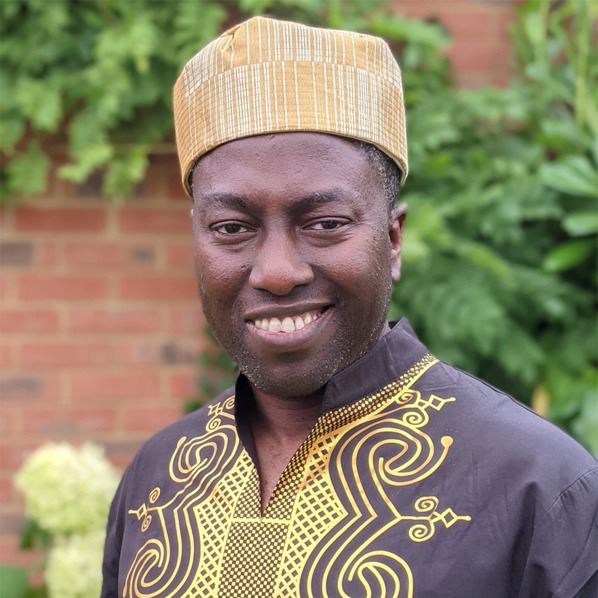Polyphonic Theology and Christian Nationalism
- Revd Dr Israel Olofinjana

- Nov 7, 2025
- 2 min read

Polyphonic Theology is the subject of a new book Polyphonic God: Exploring intercultural Theology, Churches and Justice. This book is edited by myself, Dr Usha Reifsnider, co-regional director of Lausanne Europe and Rev Dr David Wise, Baptist minister, theologian and coach. The book has 17 writers with 15 chapters altogether divided into three broad sections. The three sections are Intercultural Theology, Intercultural Churches and Intercultural Practices.
One of the main arguments of the book is that in a polarised, divided, multicultural society such as Britain, the church ought to develop an intercultural ecclesiology that is prophetic, visionary and counter-cultural. This messaging becomes necessary with the emergence of Christian nationalism in the UK society and church. Christian nationalism is very difficult to define and some commentators will struggle to label some of the currents in our society as Christian nationalism. But going with that label for now, Christian nationalism is the fusion of Christianity with national politics and identity. Christian nationalism mirrors the Christendom ideology as an extension of empire politics and Christianity exported to other places in the name of God and country. In Christian nationalism, God is reduced to a nationalist who only cares about one nation. But this notion goes against the God we encounter in scripture. Simply put, God is not a nationalist in any sense of the word because he is an international God.
This is why Jesus overturn the tables of the money changers in temple area where gentiles were supposed to worship. Jesus declared in this instance, my house shall become a house of prayer for all nations referencing a text in Isaiah (see Isaiah 56.7 and Mark 11. 12-18). Polyphonic Theology develops this idea that God is not tribal or nationalistic, but rather God speaks multiple languages making him Polyphonic. This challenges Christian nationalism from all directions and offer an alternative for how we can do church and work towards an integrated just society.
We desperately need Polyphonic theology in our churches if we are going to model for society what it means to live with difference. It is also needed to model how indigenous British and migrants can go beyond co-existing. We need to move towards mutuality, reciprocity and interculturality that relates to a shared humanity, distinctiveness and collaboration. Polyphonic theology invites us to re-imagine church in this light of sharing life together, respecting and honouring our distinctiveness and how we can partner together. This is much needed in the current climate of fragmentation, fracture and fragility. For more on Polyphonic Theology check out the book Polyphonic God.
Rev Dr Isael Olwuole Olofinjana is the director of the One People Commission of the Evangelical Alliance and the Founding Director of Centre for Missionaries from the Majority World. He is an African Public, Practical Theologian and an Adviser to Weave - ICCT Gathering


Comments